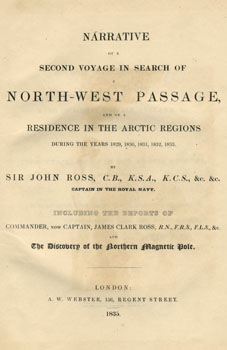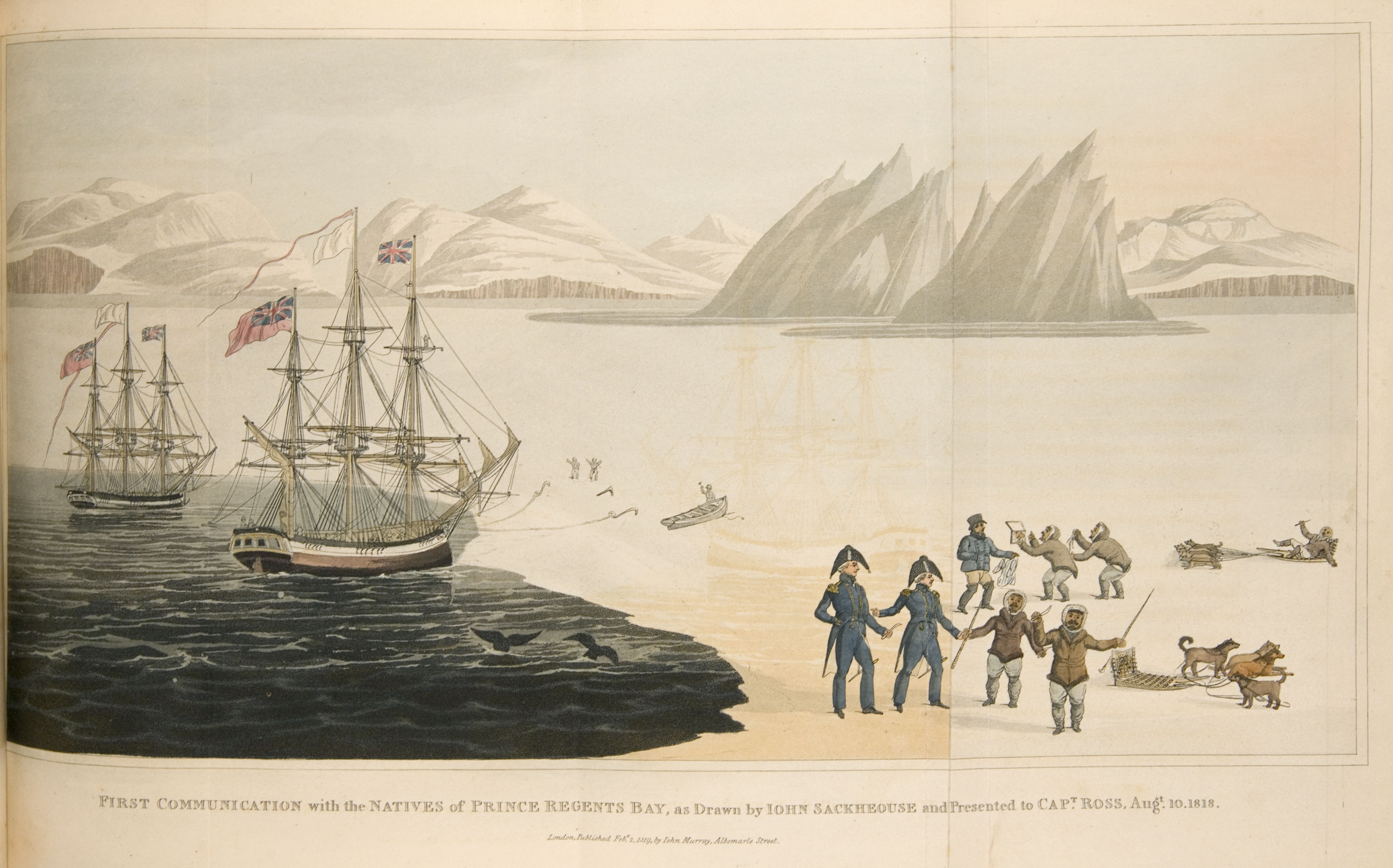Joseph-Elzéar Bernier, arctic mariner (born 1 January 1852 in L'Islet, QC; died on 26 December 1934 in Lévis, QC). Captain of the government steamship Arctic, Bernier led seagoing expeditions into the Arctic between 1904 and 1911, certifying Canada's claim to the northern archipelago (see Canadian Arctic Exploration; Arctic Archipelago).
Early Career
Joseph-Elzéar Bernier left school at age 14 to sail as a cabin boy on his father's ship. Three years later he was captain of his own ship, carrying timber from Quebec to England. (See also Timber Trade History.) For 25 years he commanded sailing vessels all over the world (see Sailing Ships).
In 1895 Bernier became governor of the Québec City jail, a position that gave him the opportunity study and pursue his interest in polar navigation. (See also Québec City.) In 1898 he resigned from his position at the prison. He devised a plan for reaching the North Pole, a feat not yet accomplished, but at the last moment in 1904 he and his ship Arctic were pressed into government service patrolling the eastern Arctic (see Arctic Archipelago).
Career Highlights
On annual expeditions, Bernier explored the archipelago and collected customs duties from whalers and traders (see Customs and Excise; Whaling). In July 1909 he unveiled a plaque on Melville Island which officially claimed the Arctic Islands for Canada. After 1911 Bernier carried on private trading on Baffin Island and during the First World War he commanded an Atlantic convoy ship. After the war he returned to the arctic patrol, retiring in 1925.
Legacy
During his career Bernier commanded over 100 ships, crossing the Atlantic 269 times. He knew more about navigating the difficult arctic waters than any contemporary mariner. He published three reports titled, Reports on the Dominion Government Expeditions to the Arctic Islands and Hudson Strait. The reports are classics of Canadian arctic literature (see Exploration Literature). His autobiography, Master Mariner and Arctic Explorer (1939) was published posthumously. On 15 September 2016, Bernier was designated a person of historical significance by the Ministère de la Culture et des Communications du Québec.

 Share on Facebook
Share on Facebook Share on X
Share on X Share by Email
Share by Email Share on Google Classroom
Share on Google Classroom










